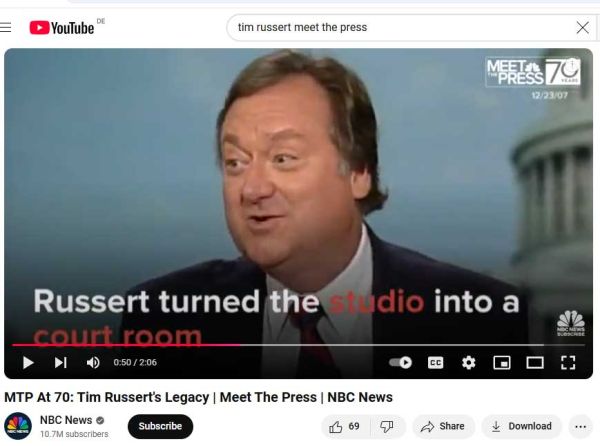Jon Stewart and the 2024 Election
Donald Trump's victory over Kamala Harris and the Republican gains in the Congress have led to a lot of post-election discussion, and frankly a lot of blaming, with commentators trying to figure out how it could happen. In fact, many commentators predicted a Trump victory. They believed that Joe Biden, then Kamala Harris, would lose to Trump. I saw much of this discussion about the Election on platforms like YouTube. YouTube's amazing intuition means that, if you view one video, YouTube will lead you to to related sites, to watch additional videos.
I had convinced myself that Trump would lose. His enduring scowl, surliness, and legal problems convinced me that he would lose in a landslide. Other people apparently knew better. So, I will start with Jon Stewart's The Daily Show. Stewart expressed emphatic discomfort about Biden, and laid out his case in several hilariously honest rants. Since he has identified for years as a Democrat, his ruthless honesty created quite a stir. Plenty of Republicans listen to him, as well.
No one has accrued such a high level of street-cred since the late Tim Russert, the host of Meet the Press, one of the oldest news-broadcasts in the business. No matter how falsely politicians spoke to their followers, in Congressional Committees, or on other news shows, everyone spoke honestly to Tim Russert, as if Russert had the ear of God Almighty Himself. No one bothered to fudge on the truth with Tim Russert. What a relief to find someone able to take his place!
Stewart noted that all of Biden's associates tried to assure news-commentators that their candidate could handle the demands of the Presidency, which he clearly could not do. Most galling was Vice-President Kamala Harris who insisted that President Biden had full control of his faculties. But his embarrassing performance in the debate should have persuaded even ardent followers that he could no longer do his job.
The debate also led many to conclude that Harris and other staff members had deceived the public about the President's condition. When Stewart made the sarcastic comment that "We do not know Biden, like they know Biden", the audience laughed hysterically. Even after the shocking debate, Biden's advisors persisted that he could still perform his duties. Stewart responded angrily that the Democrat voters no longer felt that they could trust their leaders to speak truthfuly to them.
After the debate, when it appeared that Biden had lost the confidence of average American voters, the Biden loyalists reacted with indignation to a Trump post, that showed a screen-print image of President Biden hog-tied to the back of a pick-up truck. For loyalists, the image of the President of the United States in this humiliating position polarized voters more than any concrete policy issue.
But Stewart reacted with typical sarcasm, when the CNN-commentator tried to raise anger against the Trump-handlers who posted it.
That America's political divisions contain such much mutual animosity concerns me very much, of course. At the pinnacle of America's power structure, one hopes that wealthy, informed people, who have lots to lose if America's fortunes go south, will discuss amongst themselves ways to get us out of the political divide. It has disabled so much of the nation's functionality, even the most ardent fan of the single, united nation must have doubts about its abiltiy to go forward.










